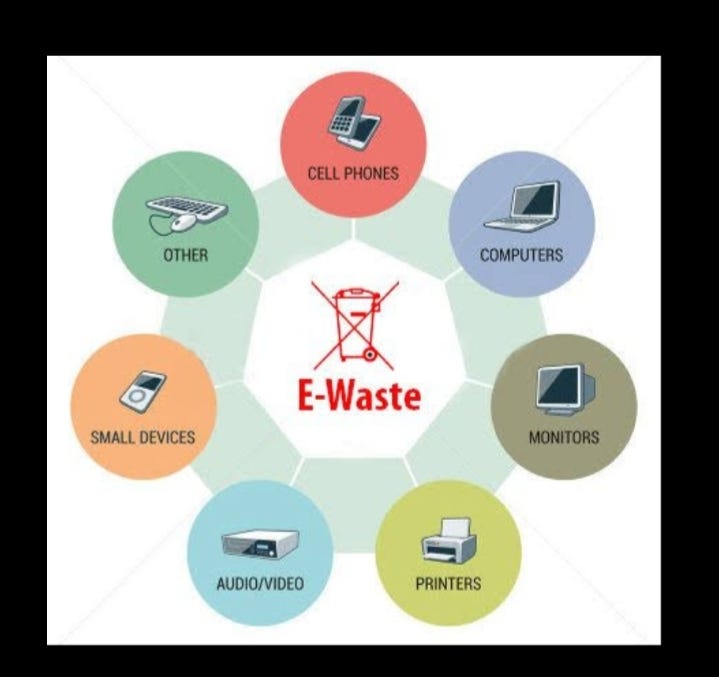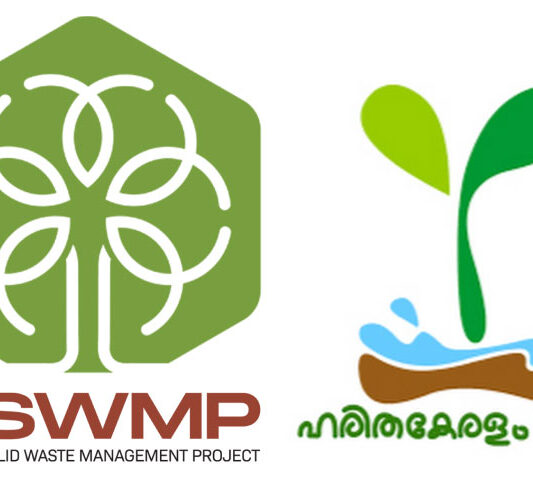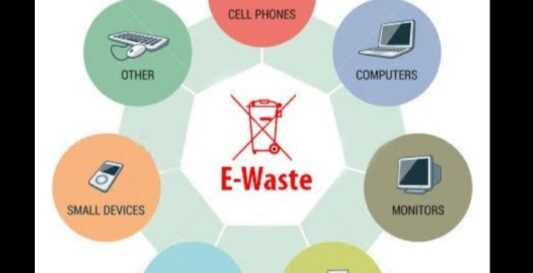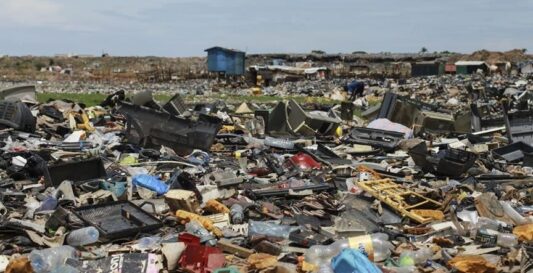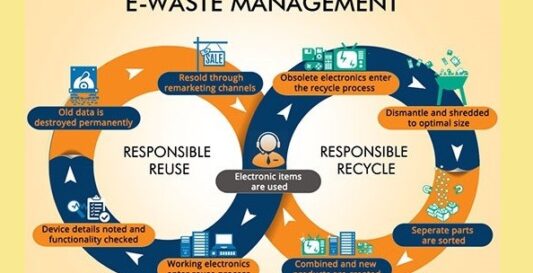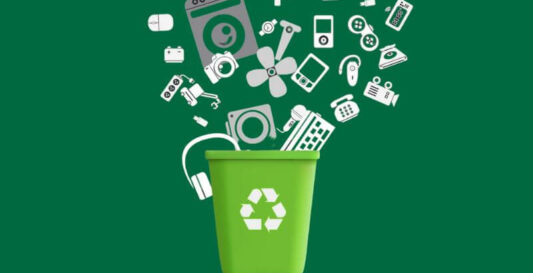Kerala, known for its scenic beauty and high literacy rates, faces a growing challenge in managing electronic waste (e-waste) due to its rapid urbanization and technological advancements. As more electronic devices enter households and businesses, the state is witnessing an increase in e-waste generation, presenting environmental and health risks if not managed effectively. Given the toxic components present in electronic devices, improper disposal of e-waste can lead to soil and water contamination, posing threats to public health and biodiversity.
To address this issue, Kerala has taken proactive measures to implement e-waste management policies and initiatives. The state government has introduced regulations and guidelines to promote responsible disposal and recycling of e-waste, emphasizing the importance of reducing, reusing, and recycling electronic devices. Additionally, awareness campaigns and educational programs have been launched to educate the public about the hazards of improper e-waste disposal and encourage participation in recycling efforts.
Furthermore, Kerala has established e-waste collection centers and partnered with authorized recyclers to facilitate the proper handling and recycling of electronic waste. These initiatives aim to divert e-waste from landfills and incinerators, minimizing environmental pollution and conserving valuable resources. However, challenges remain in ensuring widespread compliance with e-waste regulations and improving the infrastructure for e-waste management across the state.
In conclusion, while Kerala grapples with the mounting challenges of e-waste management, concerted efforts are underway to address this issue through policy interventions, public awareness campaigns, and collaborative partnerships. By promoting sustainable practices and investing in e-waste recycling infrastructure, Kerala aims to mitigate the environmental and health impacts of e-waste while fostering a cleaner and healthier future for its residents.

